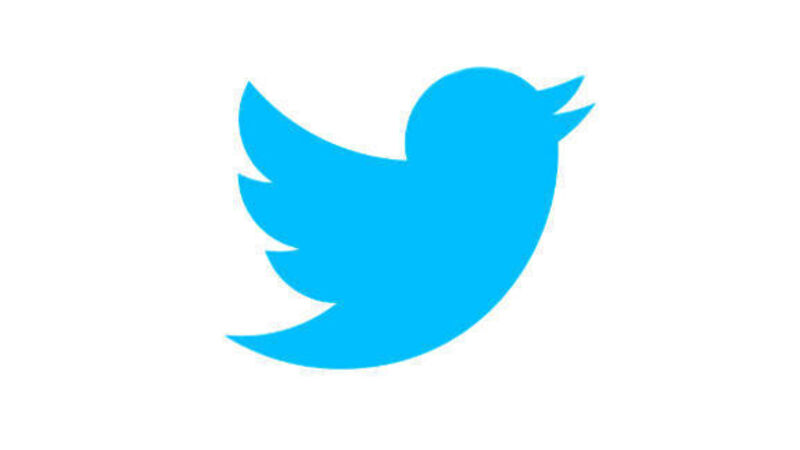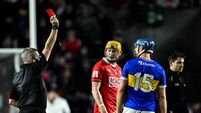To Tweet or not to Tweet?

Whether tis nobler in the mind to suffer the slings and arrows of outrageous decisions, or to take arms against a sea of controversy, and by opposing end it? To die, to tweet; to tweet, perchance to dream — aye, there’s the rub!’
You don’t have to go back to Shakespeare’s time to find a society that relied on written script as a source of information, scandal and entertainment.











